People who refer to themselves by name during inner monologues are calmer, less stressed and more confident than those who use “I” or “me” according to a research done by Michigan State University.
It Turns Out Kids Who Are Obsessed with Dinosaurs Are Actually Smarter
Do you know a kid who absolutely LOVES dinosaurs? My nephew is obsessed with them, and I was the kind of kid who could describe a paleontologist’s job in great detail back in second grade.
If that describes your kids, that’s great news since a recent study found that kids who are obsessed with dinosaurs are smarter than kids who aren’t.
In the psychology world, this phenomenon is called “intense interests.” Roughly one-third of kids develop an intense interest in their lives but for most the obsession usually fades after the age of six.
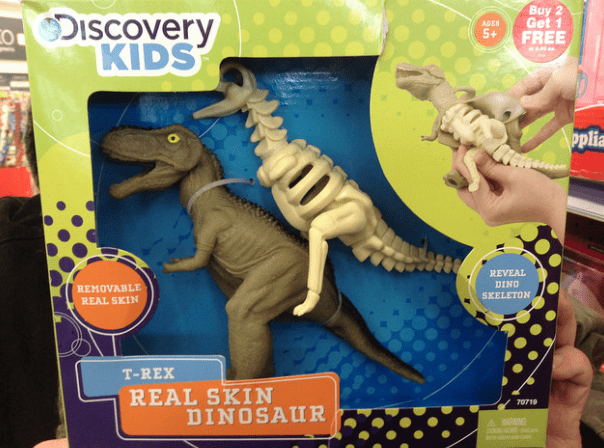
Photo Credit: Flickr,Mike Mozart
A study from the University of Indiana and the University of Wisconsin found that an intense interest can “enhance perseverance, improve attention and enhance skills of complex thinking as the processing of information”, especially when the interest demands a conceptual domain.
Intense interests have also been shown to improve linguistic skills and are a good indicator of higher understanding. It’s also been shown that the way children study dinosaurs helps them develop strategies to tackle problems throughout their lives.
Interestingly, kids’ intense interest in dinosaurs develops in the first year of life without encouragement from their parents. As mentioned earlier, most of these obsessions pass and only 20% of kids still have the intense interest when they enter school.
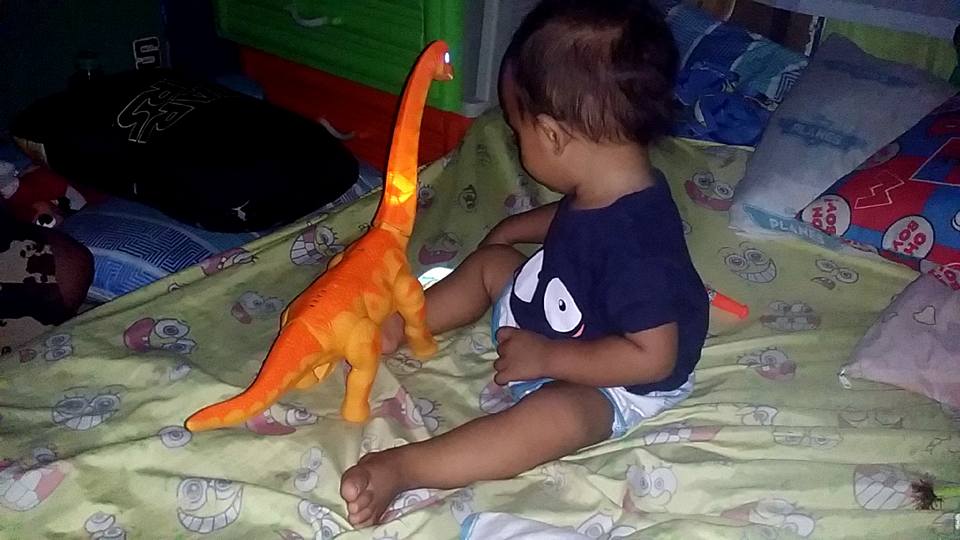
Photo Credit: Facebook,Amir Eustass Kid
Researchers believe that once kids start school and have to devote time to learning new things, they lose their free time to explore their interests. It is suggested that in order to keep your child’s interest alive as they grow up, parents should teach their kids facts about the subject as opposed to letting them have “pretend adventures.”
Make sure those kids keep learning on their own after they start school, and remember, if your child is obsessed with T-Rex, that’s a good thing!
The post It Turns Out Kids Who Are Obsessed with Dinosaurs Are Actually Smarter appeared first on UberFacts.
Mom Accidentally Discovers How to Finally Help Kids Clean Their Rooms Properly
Everyone who’s ever taken care of children knows that getting them to clean up after themselves is quite a hassle. In fact, this single task can often be so difficult that many caregivers just give up and clean up the mess themselves.
But one mom has had a lot of success with a method that you may not have tried with your gremlins already. It’s called the “Mountain Method,” and it arose out of sheer desperation.
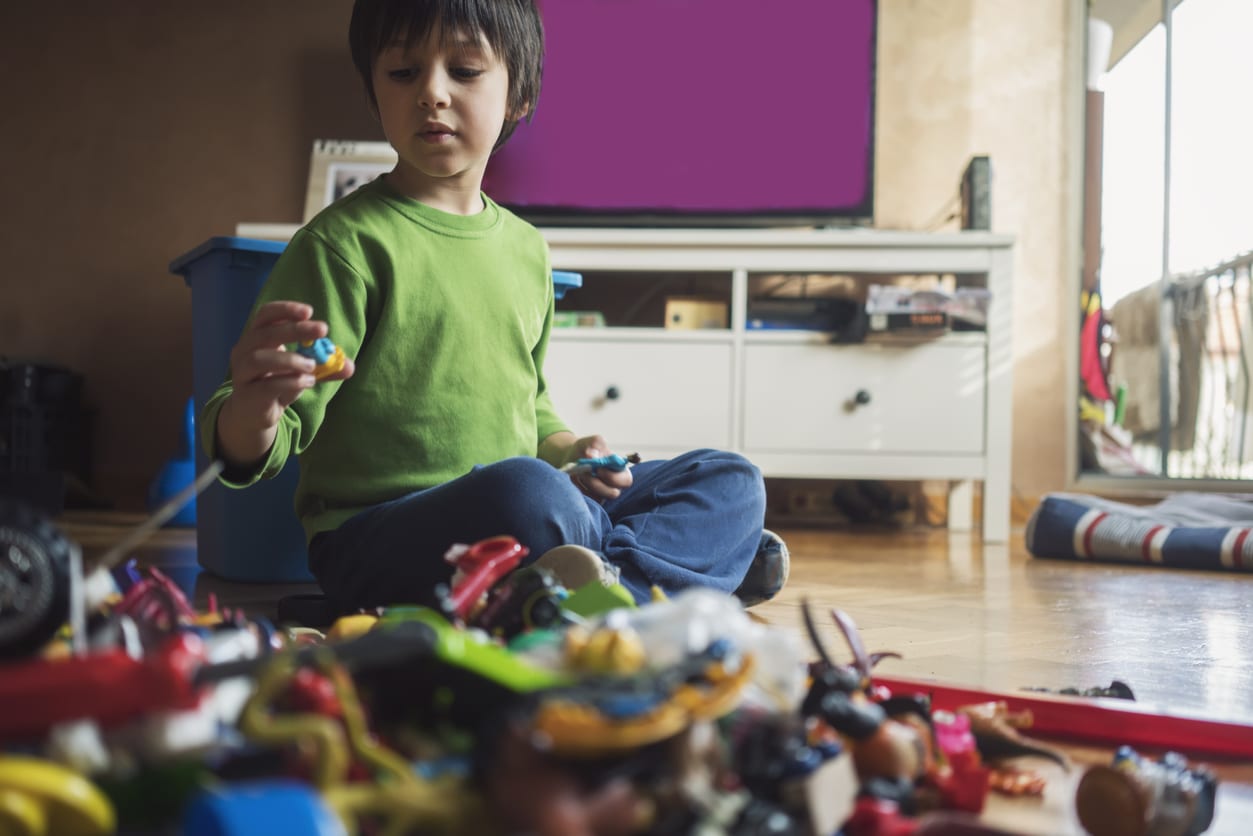
Photo Credit: iStock
Writer Kristen Mae‘s son was around 9 years old when she couldn’t handle another second of helping him clean up the mess that he’d created. So, she swept all of his toys from their various hiding places into the middle of his room. She informed him that he couldn’t enjoy any screen time until everything in the pile was in its proper place. Then she left the room.
Kristen says she didn’t expect the trick to actually work – the mountain was more-so to make a point about how much mess really existed.
Amazingly enough, though, her son slowly chipped away at the pile until it was all cleaned up. Now, the Mountain Method is a regular part of her family’s cleaning routine.
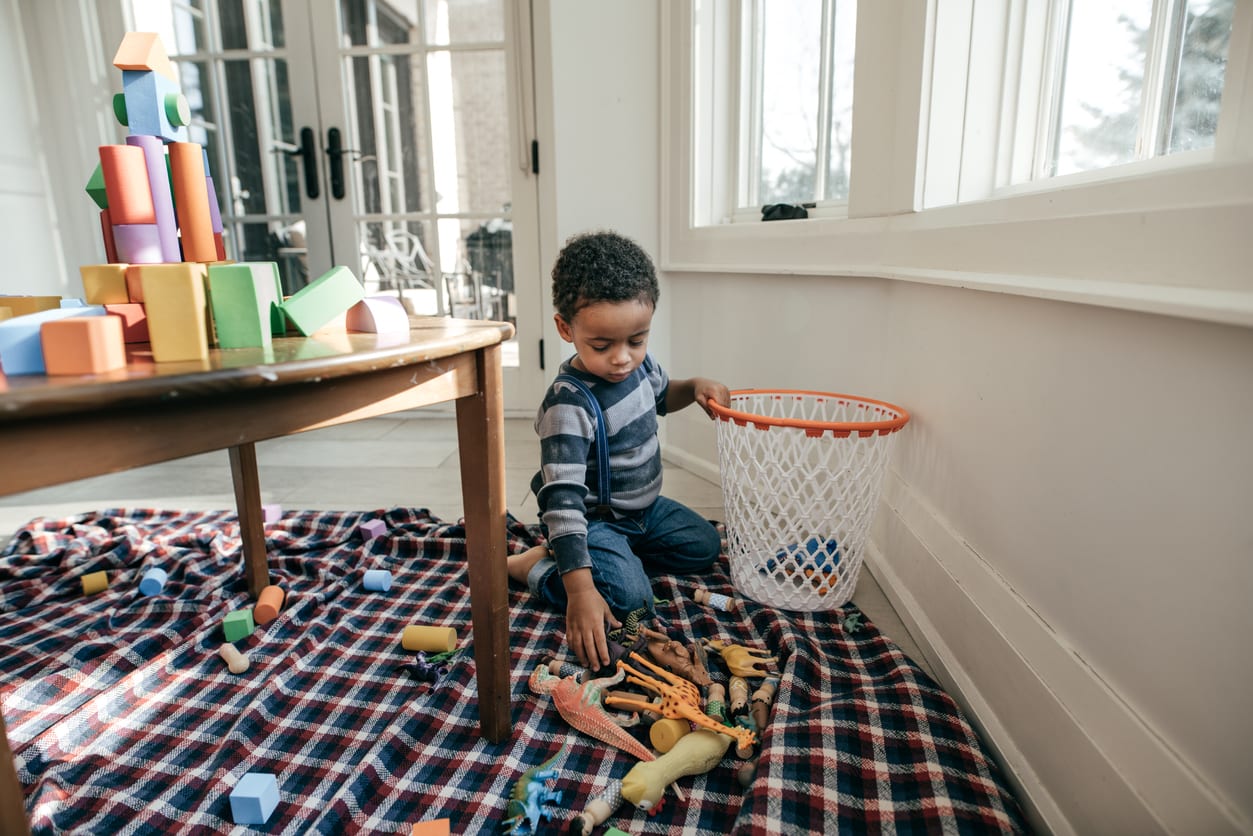
Photo Credit: iStock
If you’re familiar with Marie Kondo’s philosophy of cleaning, the Mountain Method makes a ton of sense. Like Kristen, Marie recommends first piling all of your mess into one place so you can see everything – then starting to organize.
“Having everything in one place turned what felt like a thousand tasks into one single task,” Kristen explained.
A mountain of a task, sure. But a doable one. It’s worth a try!
The post Mom Accidentally Discovers How to Finally Help Kids Clean Their Rooms Properly appeared first on UberFacts.
Calming Down is Easy with This Military-Approved Breathing Technique
Between work, your spouse, your kids/pets, politics, or the general state of the world, life is pretty stressful.
That’s why it’s essential to have great good coping mechanisms that you can bust out when necessary. This particular one is actually used by the military – arguably one of the most stressful jobs ever. Known as combat breathing, four-count breathing, or diaphragmatic breathing, it can really help bring you back to center.

Image Credit: YouTube
The tactic lowers your heart rate and helps you regain control of your breathing, explains clinical psychologist Belisa Vranich. She’s also the author of 2016’s Breathe: The Simple, Revolutionary 14-Day Program To Improve Your Mental and Physical Health.

Image Credit: YouTube
“It’s one you can use when things are blowing up around you – both literally and figuratively – and you need to be able to stay calm.”
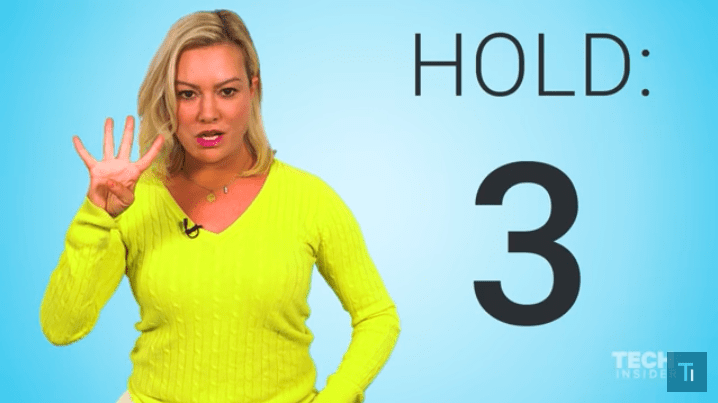
Image Credit: YouTube
She demonstrates the tactic in the Business Insider video below – practice with her until you feel cool enough to tackle the rest of your day.
Of course, a cup of coffee never hurt, either.
The post Calming Down is Easy with This Military-Approved Breathing Technique appeared first on UberFacts.
Sorry, Night Owls: Your Brain Chemistry Could be Sabotaging Your 9-5 Schedule
I believe humanity can be divided into two basic categories: the morning people who are just bright-eyed and bushy-tailed the minute the sun comes up, and the night owls who hit their stride when the sun goes down.
While there’s nothing wrong with being one or the other, day people definitely have an advantage, since the world tends to operate on a 9-5 schedule.
“A huge number of people struggle to deliver their best performance during work or school hours they are not naturally suited to,” said lead researcher Dr. Elise Facer-Childs. “There is a critical need to increase our understanding of these issues in order to minimise health risks in society, as well as maximise productivity.”
Roughly 50% of people identify as a night owl, which for the purpose of the study meant going to bed “late” and rising after 8:20am.

Image Credit: Pixabay
If that’s the half of the world you fall into, this new study published in the journal Sleep proves it’s not just something you can up and change – your brain is physically and chemically different from those who leap out of bed in the morning.
The international team of scientists, led by the University of Birmingham in the UK, found that night owls have lower connectivity in the areas of the brain linked to consciousness. That means that during “normal” working hours, night people are affected by sleepiness, a lack of attention, and slower reaction times.
“This mismatch between a person’s biological time and social time – which most of us have experienced in the form of jet lag – is a common issue for night owls trying to follow a normal working day. Our study is the first to show a potential intrinsic neuronal mechanism behind why ‘night owls’ may face cognitive disadvantages when being forced to fit into these constraints,” explains Facer-Childs.

Image Credit: Pixabay
38 volunteers completed questionnaires and underwent MRI scans at various points of the day, all the while reporting how sleepy they felt.
Research concluded that morning people were less sleepy and had faster reaction times in the early morning working hours, while night owls hit their stride around 8 in the evening and struggled after rolling out of bed. Night owls did not, however, perform significantly better than morning people at 8pm, which could mean that society’s business hours could have a detrimental effect on those whose natural body rhythms encourage them to wake up later.
Facer-Childs explains how this can be applied to the real world:
“To manage this, we need to get better at taking an individual’s personal body clock into account – particularly in the world of work. A typical day might last from 9am-5pm, but for a night owl, this could result in diminished performance during the morning, lower brain connectivity in regions linked to consciousness and increased daytime sleepiness. If, as a society, we could be more flexible about how we manage time we could go a long way toward maximising productivity and minimising health risks.”
Which is to say, you just might have an argument if you want to lobby your boss for flexible work hours.
The post Sorry, Night Owls: Your Brain Chemistry Could be Sabotaging Your 9-5 Schedule appeared first on UberFacts.
This Simple Dating Test Helps You Identify Potentially Abusive Partners
Here’s a shocking stat: intimate partner violence affects nearly 20 people around the U.S. every single minute. That’s over 10 million victims every year! It’s clearly a problem that needs to be tackled head-on, and we simply can’t afford to keep it hidden behind closed doors any longer.
Abusive relationships are notoriously difficult (and dangerous) to escape, so naturally, the best solution would be to never enter one in the first place. But with abuse so common, and abusers so sneaky, how can people possibly avoid them all?
One domestic violence counselor has a test to help out. The “No Test,” as he calls it, can help identify potential abusers early in a relationship.

Photo Credit: Pexels
“The No Test is basically to watch out for the way your partner responds the first time you change your mind or say no,” Rob explained on ABC News.
“While expressing disappointment is OK, it’s not the same as annoyed. Annoyed is ‘how dare you,’ a sign of ownership or entitlement.”
Rob points out that this test isn’t new knowledge for most women. Instead, the test helps validate that gut feeling that abusers are so good at manipulating you to ignore. It’s okay to say no to people. It never warrants anger.

Photo Credit: Pixabay
An important thing to remember, too, is that people don’t enter relationships with abusers on purpose. Abusers are quite good at charming people, and ending up in a relationship with an abuser is never your fault. Some abusers would pass the No Test with flying colors!
But if a partner fails this test? It’s a bright red flag that they’re a dangerous person, and you should trust your instinct.
As Rob said: “The only person who can stop the abuse is the person who is doing the abusing.”
The post This Simple Dating Test Helps You Identify Potentially Abusive Partners appeared first on UberFacts.
Does Having Children Before Marriage Raise Your Risk for Divorce?
Divorce is pretty common these days but it was actually less common as recently as just a few decades ago.
That said, many people find the idea of committing to a child easier than committing to another full-grown adult, and are choosing a partner for parenting before they go all-in with a wedding.
The good news? If you do decide, after having kids, to pull the trigger on an ‘I do,” your odds for ending up divorced are no better (or worse) than if you married before getting pregnant.

Image Credit: Pixabay
While divorce rates are on a decline, it’s important to point out that the number of people getting married in the first place is also 25-30% lower than it was during the boomer generation. Fewer people (and couples) are having children at all, as well, and for the first time ever there are more unmarried than married women under thirty giving birth.
Kelly Musick from Cornell University was the study‘s coauthor, and she told Live Science that she and her team analyzed data from the CDC to compare families who had babies between 1985-1995 and those who had babies between 1997-2010. The result?
Since 1997, couples who had children first were likely to get married eventually, and no more likely to get divorced than people who married before having kids.
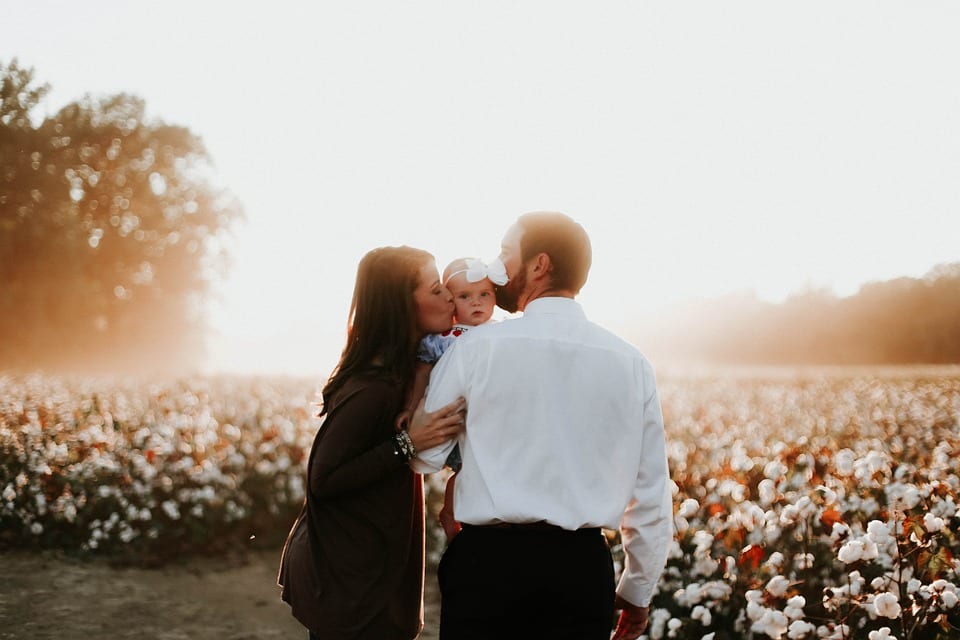
Image Credit: Pixabay
Why? The study says there is more than one factor at play.
“They’ve got marriage on the back of their minds, but wait to take that step until they feel they’ve met these pretty high standards. The increasing stability of relationships involving cohabitation and the declining importance of marriage timing relative to parenthood is consistent with waning social pressure to marry and the blurring of boundaries between marriage and cohabitation.”
The study did not compare planned pregnancies to unplanned ones, which could make a difference since unexpected surprises can be a huge challenge for couples to navigate. Unexpected pregnancies can make couples feel more pressure to commit to each other even if they have a sense that it won’t work.
Sexologist and author Nikki Goldstein told Fatherly “…there might not have been a long term commitment made before the baby is born, for some there might be questions. Like if they did not have a child together would they have stayed together.”
Issues like that can breed resentment, but in couples who are already living together and plan to bring a baby into the mix, it’s not a consideration.
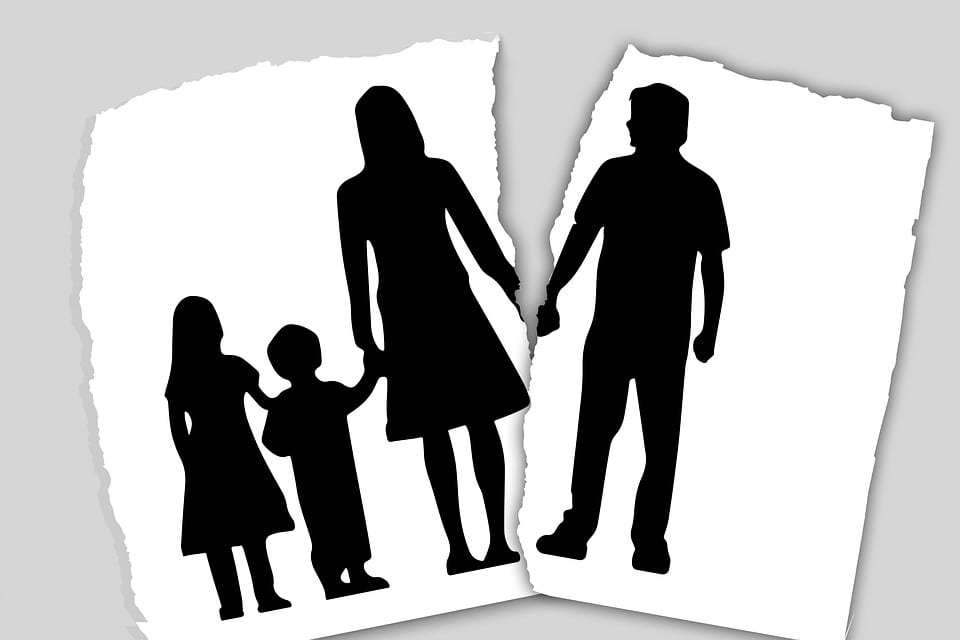
Image Credit: Pixabay
So, as long as your pregnancies are planned, you don’t have to say “I do” before little ones come along.
But don’t think that means you don’t have to work on your marriage and make it a priority when you can – kids or not, married first or not, the chance for divorce is always lurking.
I’ll leave you on that happy note!
The post Does Having Children Before Marriage Raise Your Risk for Divorce? appeared first on UberFacts.
Here’s What Experts Say about Eating for Comfort vs Enjoyment
If you’re anything like me, you may have a bad habit of eating your feelings. It’s actually a very common thing, but it can be seriously bad for your health if you’re not practicing moderation.

Photo Credit: Pixabay
Experts agree that if we eat for comfort and it becomes a habit, we can hurt ourselves physically from overeating, while also doing emotional damage because we’re using food to avoid facing our feelings.
Karen R. Koenig, an eating psychology expert, blogger and author shared this with Huff Post about comfort food:
“A misleading misnomer if there ever was one, comfort is not something we want to keep associating with food. We want to file food in our brains under nourishment and occasional pleasure. We want to seek comfort through friends, doing kind things for ourselves and engaging in healthy activities that reduce internal distress.”
Sarah Allen, a psychologist who specializes in eating disorders has some additional advice:
“As soon as you start looking for food, stop. Think, ‘Am I hungry? Do I need food in my stomach, or is one of my triggers going off? What do I need right now?’”
But yeah, that’s good and all… but why is it so hard to NOT do those things?

Photo Credit: Pixabay
Susan Albers, author and clinical psychologist, explains the underlying factors.
“When we’re stressed, our bodies are flooded in cortisol. That makes us crave sugary, fatty, salty foods.”
Cortisol is the body’s main stress hormone. It regulates how our bodies process all the macro nutrients we consume (carbs, fats, proteins), so when stress and anxiety enter our emotional equation… we carbo-load like crazy.

Photo Credit: Pixabay
The experts agree that while a hormone like cortisol is a powerful trigger to comfort eat, we need to practice more mindfulness when eating. So instead of letting our mood drive consumption, we need to concentrate on meals, not snacks. Also, emotional eating usually ends up in overconsumption, which means we aren’t even tasting the food we eat. Experience a meal, savor the flavors and understand how you feel when you’re full.
One last bit of advice? Never go cold turkey. People put unrealistic expectations on themselves, which leads to being unable to meet goals. Start off with manageable, achievable goals and then continue to build up to your ultimate goals, whatever those may be.

Photo Credit: Pixabay
Basically, enjoy those treats! Because we deserve them. But try to view eating that cookie or candy or baked good or WHATEVER as a way of enjoying yourself, not consoling yourself.
The post Here’s What Experts Say about Eating for Comfort vs Enjoyment appeared first on UberFacts.
15 Incredibly Helpful Books for Kids Struggling with Anxiety
We tend to think that things like anxiety or depression wouldn’t affect children, but that’s actually not true. As a matter of fact, these can often be tougher for kids because they tend to go unaddressed, or thought of as just being a “phase.”
These 15 books were written to help parents approach the subject of anxiety and other negative feelings. They range from illustrated children’s stories to workbooks that actually help kids cope with anxiety.
1. “Is a Worry Worrying You?“
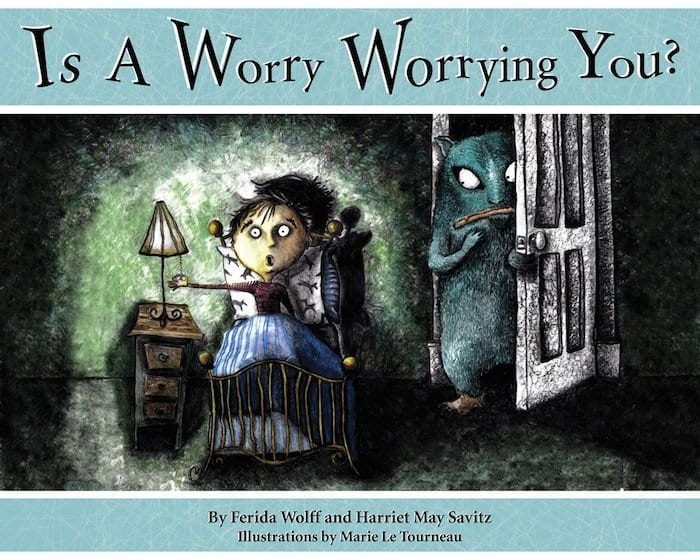
Photo Credit: Amazon
2. “Help Your Dragon Deal With Anxiety“
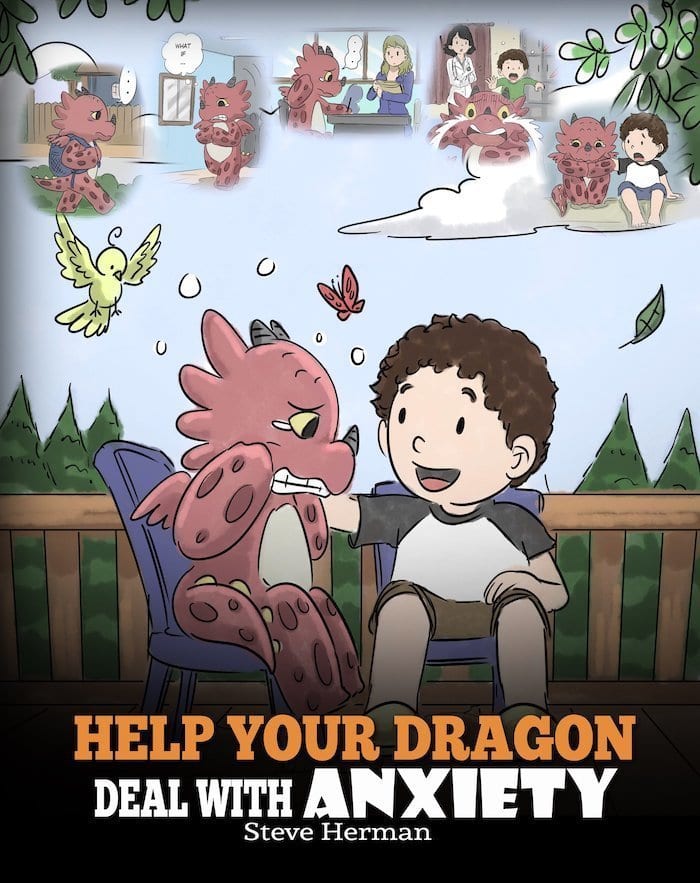
Photo Credit: Amazon
3. “What to Do When You Worry Too Much“
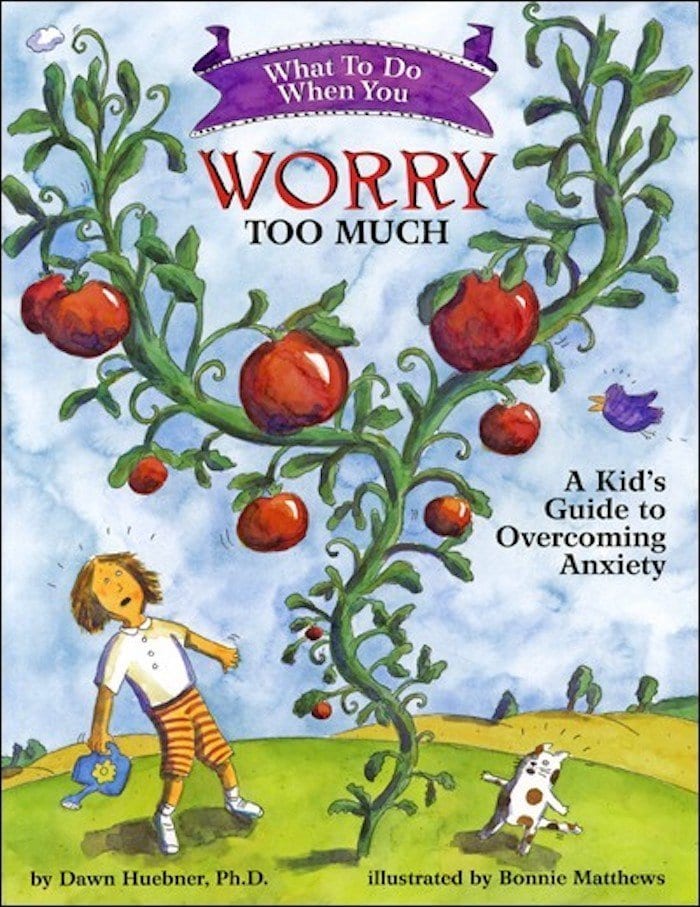
Photo Credit: Amazon
4. “Stuff That Sucks“
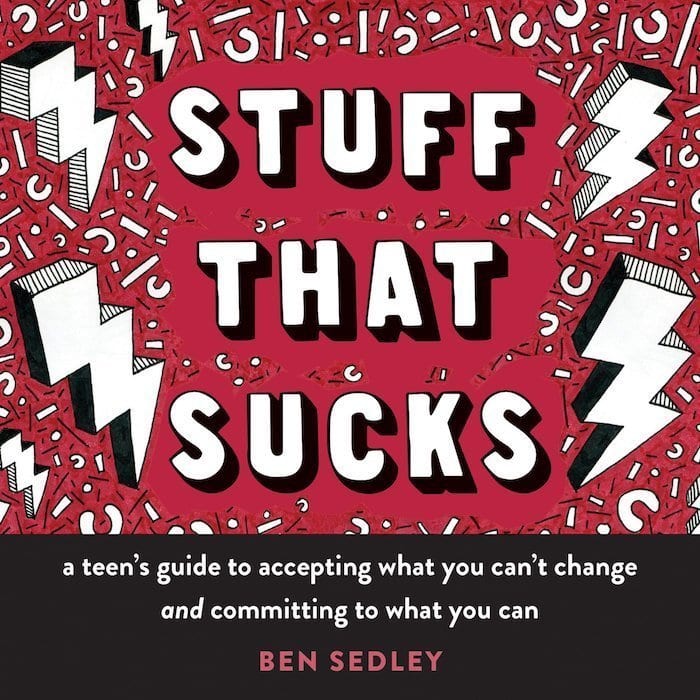
Photo Credit: Amazon
5. “My Anxious Mind“

Photo Credit: Amazon
6. “The Worry Workbook for Kids“
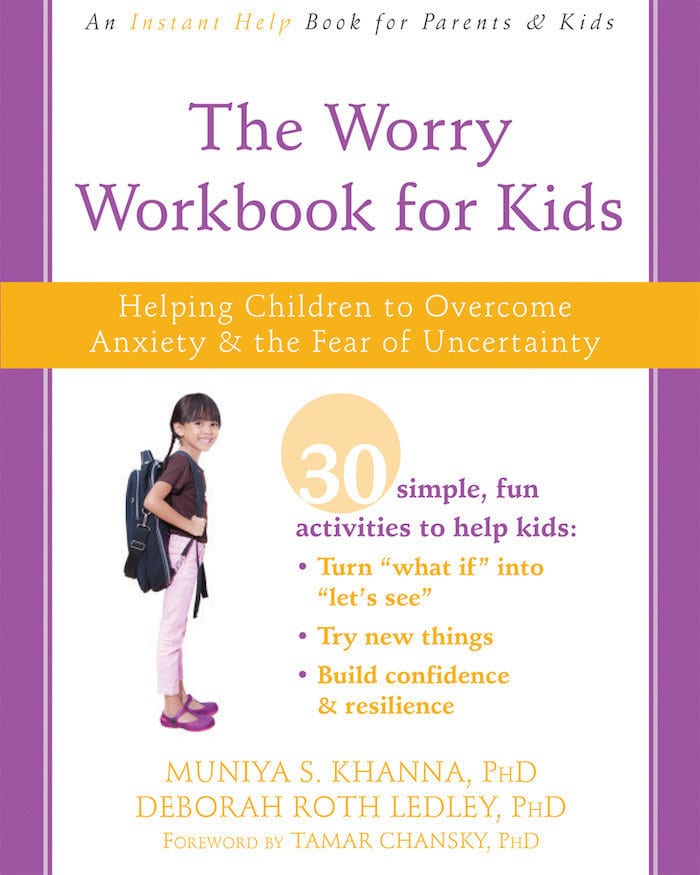
Photo Credit: Amazon
7. “Listening With My Heart“
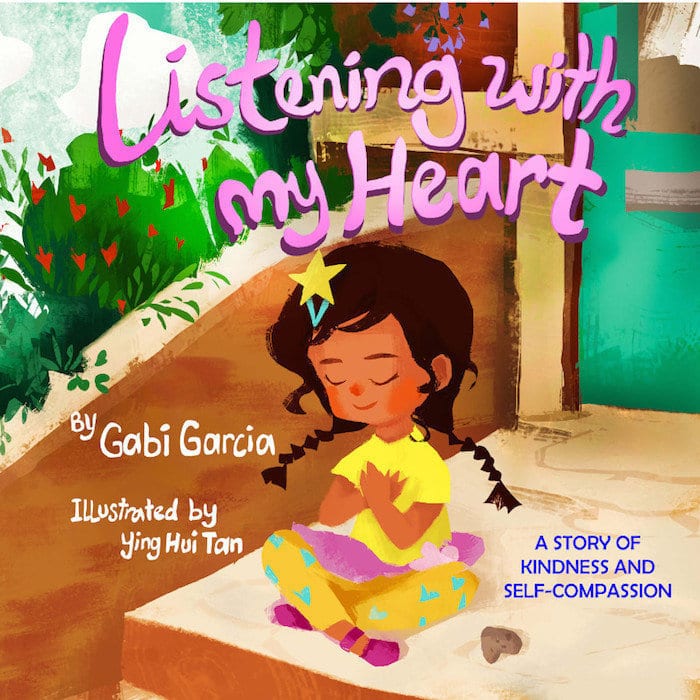
Photo Credit: Amazon
8. “Wilma Jean the Worry Machine“
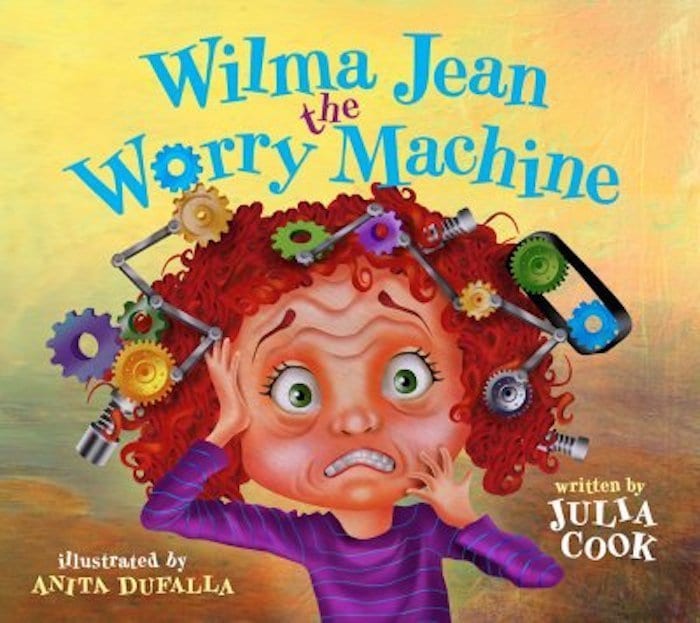
Photo Credit: Amazon
9. “Always“
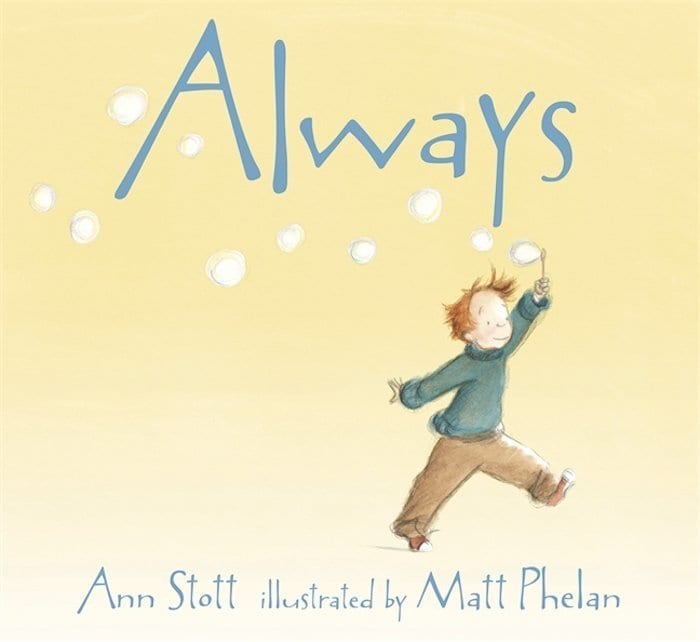
Photo Credit: Amazon
10. “Outsmarting Worry“

Photo Credit: Amazon
11. “Wemberly Worried“
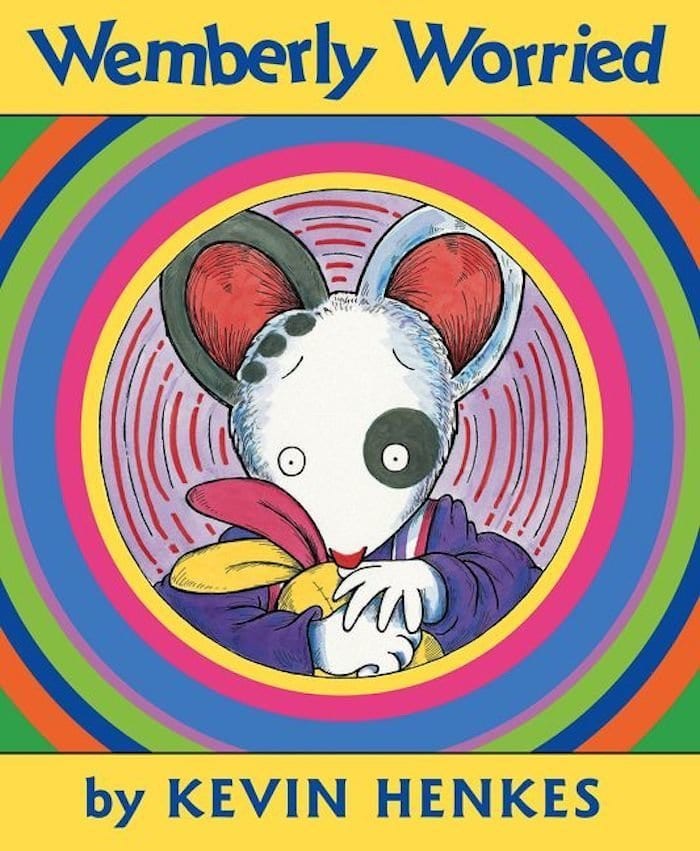
Photo Credit: Amazon
12. “Coping Skills for Kids Workbook“
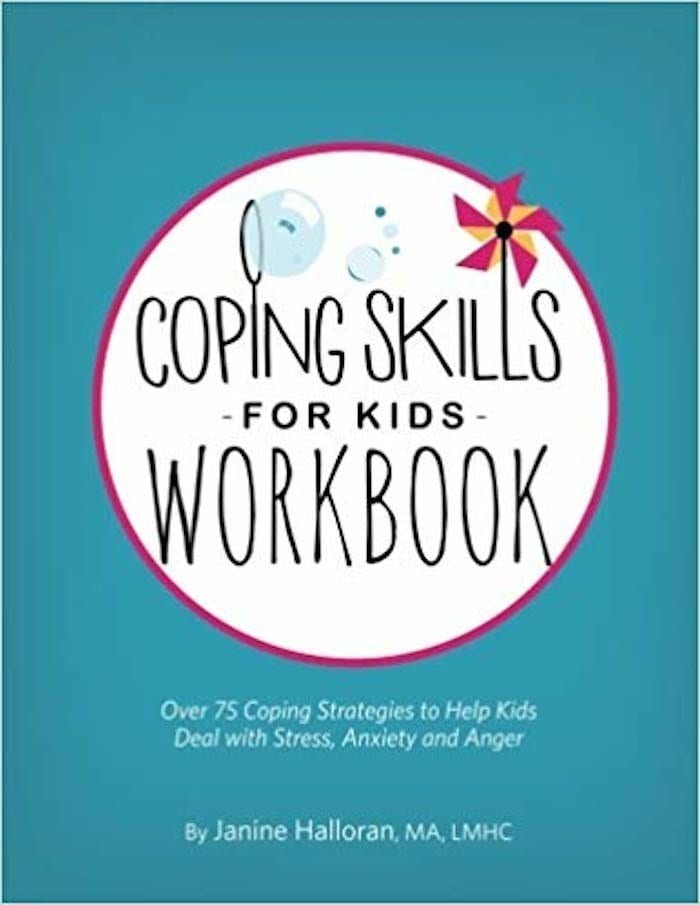
Photo Credit: Amazon
13. “Tiffany Sly Lives Here Now“

Photo Credit: Amazon
14. “Up and Down the Worry Hill“
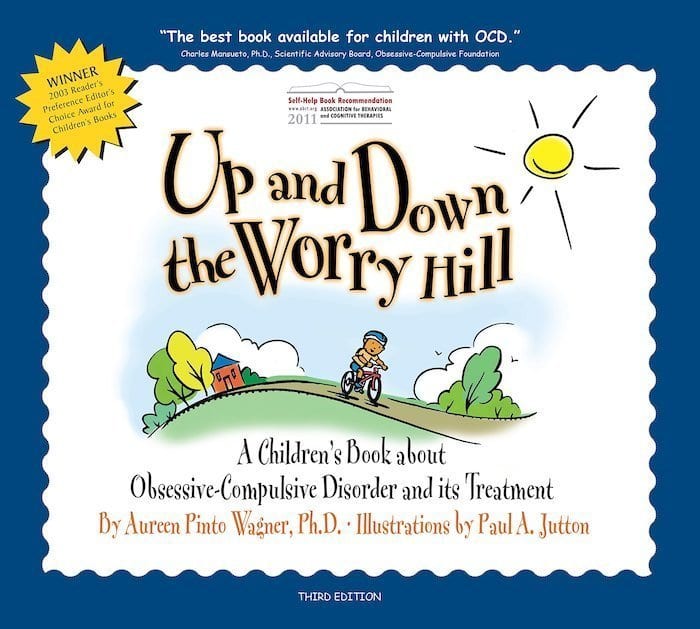
Photo Credit: Amazon
15. “Pilar’s Worries“
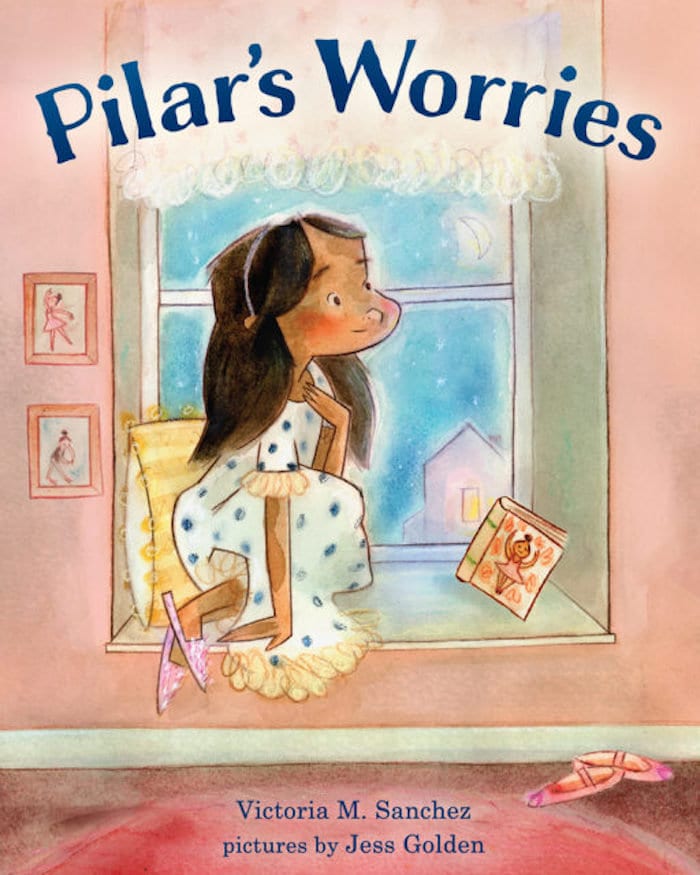
Photo Credit: Amazon
Now get to reading so you can kick that anxiety in the butt!
The post 15 Incredibly Helpful Books for Kids Struggling with Anxiety appeared first on UberFacts.
Here’s Why Young People Prefer Saying “No Problem” Instead of “You’re Welcome”
Millennials take a lot of heat from older people for the way they do things. In many cases, it stems from the older generation wanting the younger one to do things their way. But things change, and it’s not always bad – like how the youth respond to “thank you”.
Professor Tom Nichols branded himself the quintessential grumpy old man back in 2015 when he tweeted this angry response to what he perceived as a rash of poor customer service.
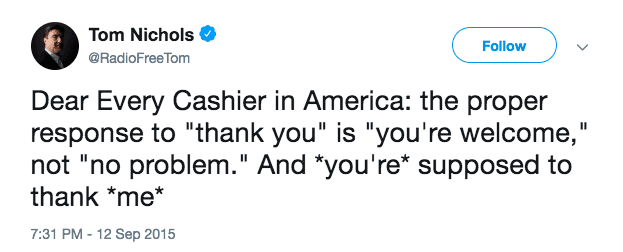
Image Credit: Twitter
“Dear Every Cashier in America: the proper response to ‘thank you’ is ‘you’re welcome,’ not ‘no problem.’ And *you’re* suppose to thank *me*”
He received a number of responses, the vast majority mocking his attitude, but it one person’s detailed and thoughtful reply makes a lot of sense.
Bottom line? It’s not about being polite, it’s that our views on gratitude are evolving.
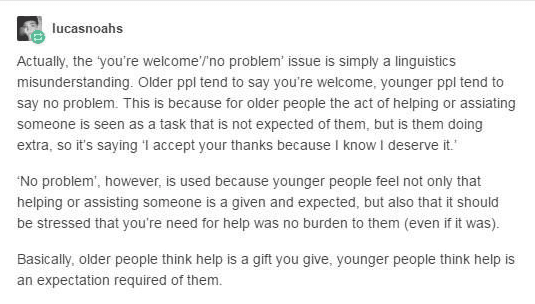
Image Credit: Imgur
“Actually, the “you’re welcome/no problem” issue is simply a linguistics misunderstanding. Older ppl tend to say “you’re welcome,” younger ppl tend to say “no problem.” This is because for older people the act of helping or assisting someone is seen as a task that is not expected of them, but is them doing extra, so it’s them saying, ‘I accept your thanks because I know I deserve it.”
“No problem, however, is used because younger people feel not only that helping or assisting someone is a given and expected but also that it should be stressed that your need for help was no burden to them (even if it was).”

Image Credit: Pixabay
“Basically, older people think help is a gift you give, younger people think help is a requirement.”
The post Here’s Why Young People Prefer Saying “No Problem” Instead of “You’re Welcome” appeared first on UberFacts.









